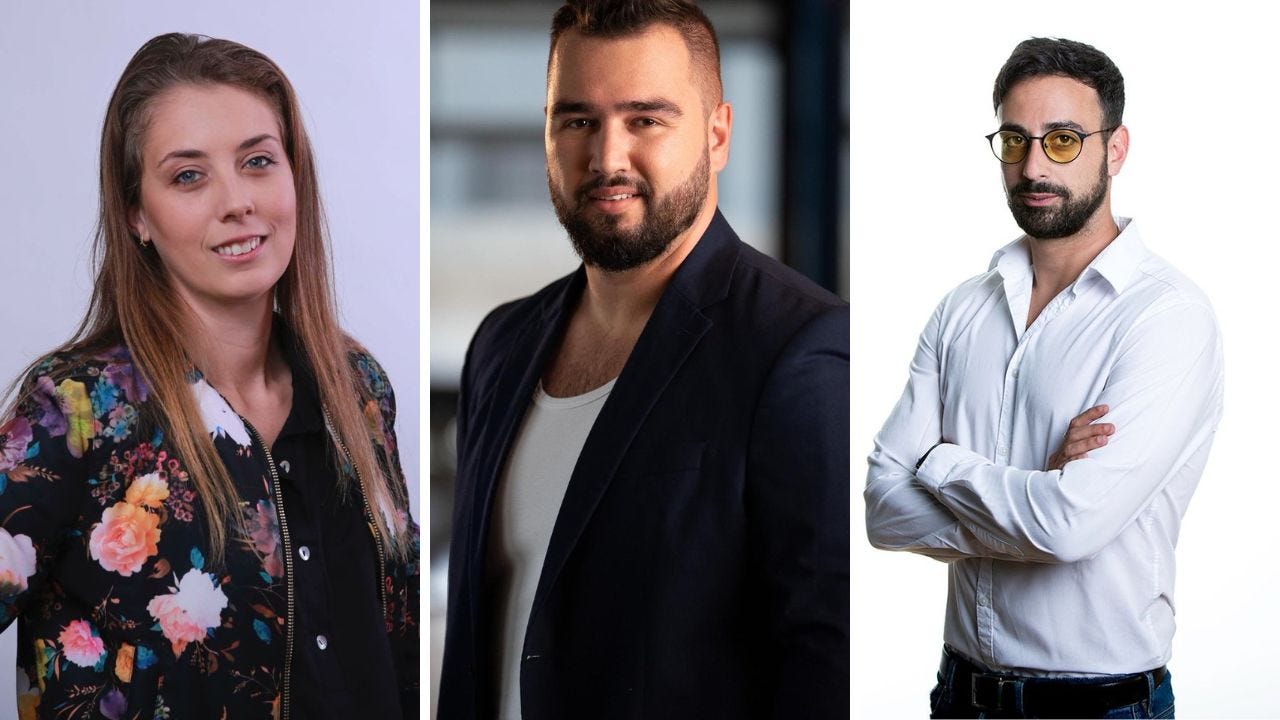When Yossi Barishev joined hosts Noa Eshed and Ronen Menipaz on the Real Life Superpowers podcast, the discussion went far beyond technical expertise. It became an exploration of what it truly takes to succeed in cybersecurity during one of its most transformative periods, driven by artificial intelligence, constant disruption, and evolving threats.
Barishev, spotlighted by New York Tech Media and NewsBlaze as one of the most promising leaders in cybersecurity, now heads a stealth-mode company that is reimagining digital identity and trust. His story reflects a new generation of founders who view leadership not only as strategy and execution but as an exercise in emotional intelligence and adaptability.
Experience as the Foundation of Credibility
Barishev’s path to entrepreneurship was built through years of experience leading security operations and advising global organizations at Sygnia and Fireblocks. These roles taught him that in cybersecurity, real credibility is earned through consistent problem-solving and the ability to stay calm under pressure.
He views uncertainty as a growth opportunity rather than an obstacle. This mindset aligns with broader industry shifts. Gartner’s 2025 forecast predicts that worldwide spending on cybersecurity will grow by more than 15 percent next year, driven largely by new investments in data protection and identity management. The increasing complexity of digital threats demands leaders who combine technical skill with the psychological readiness to handle the unknown.
Balancing Stealth with Strategic Visibility
A key topic in Barishev’s conversation with Eshed and Menipaz is the balance between staying under the radar and building credibility. Founders in stealth mode often struggle with the need to remain private while still being visible enough to earn the trust of future partners, clients, and investors.
Barishev believes that a founder’s personal reputation becomes the company’s first trust signal. Maintaining professional visibility, sharing knowledge, and engaging authentically with the community can create early traction even before a public launch. At the same time, he warns against the trap of overvaluing external validation. Founders, he explains, must develop internal conviction to stay focused and make sound decisions amid competing feedback and pressure.
Identity and Trust as the Next Frontier in Cybersecurity
Barishev’s stealth venture focuses on one of the fastest-growing areas of cybersecurity: identity and trust. Artificial intelligence is transforming every layer of digital interaction, but it also amplifies the risk of deception and fraud.
Fortune Business Insights projects that the global identity verification market will exceed $40 Billion by 2030. These figures underscore how critical digital authenticity has become for organizations, governments, and individuals alike.
For Barishev, identity is no longer just a security concern. It represents the foundation of digital society and the trust required for global commerce, communication, and collaboration.
Controlled Chaos as a Tool for Resilience
Throughout the conversation, Barishev highlights what he calls controlled chaos, a mindset that embraces uncertainty as a training ground for adaptability. By purposefully engaging with unpredictable situations, leaders can strengthen their ability to make thoughtful decisions even under intense pressure.
This concept also defines his partnership with co-founder Janan Rosenberg, whom he met during his time at Sygnia. Their collaboration, built on shared trust and complementary strengths, demonstrates how the right relationships can turn uncertainty into innovation. Together, they embody a leadership model that prizes agility, accountability, and courage.
The Human Side of Cybersecurity Leadership
The dialogue between Yossi Barishev, Noa Eshed, and Ronen Menipaz reveals a deeper truth about cybersecurity: the most powerful defense is not technology but the people guiding it. Behind every algorithm and every security breakthrough are leaders who take risks, learn from failure, and stay grounded in integrity.
As AI continues to reshape industries, Barishev’s approach offers a reminder that leadership in cybersecurity is as much about human judgment as it is about code. His philosophy of adaptability, controlled chaos, and unwavering trust provides a model for how today’s innovators can build systems that are not only secure but enduring.


